Lifestyle
10 “Healthy” Foods That Are Bad For Your Diet
By CM Chaney · April 24, 2024
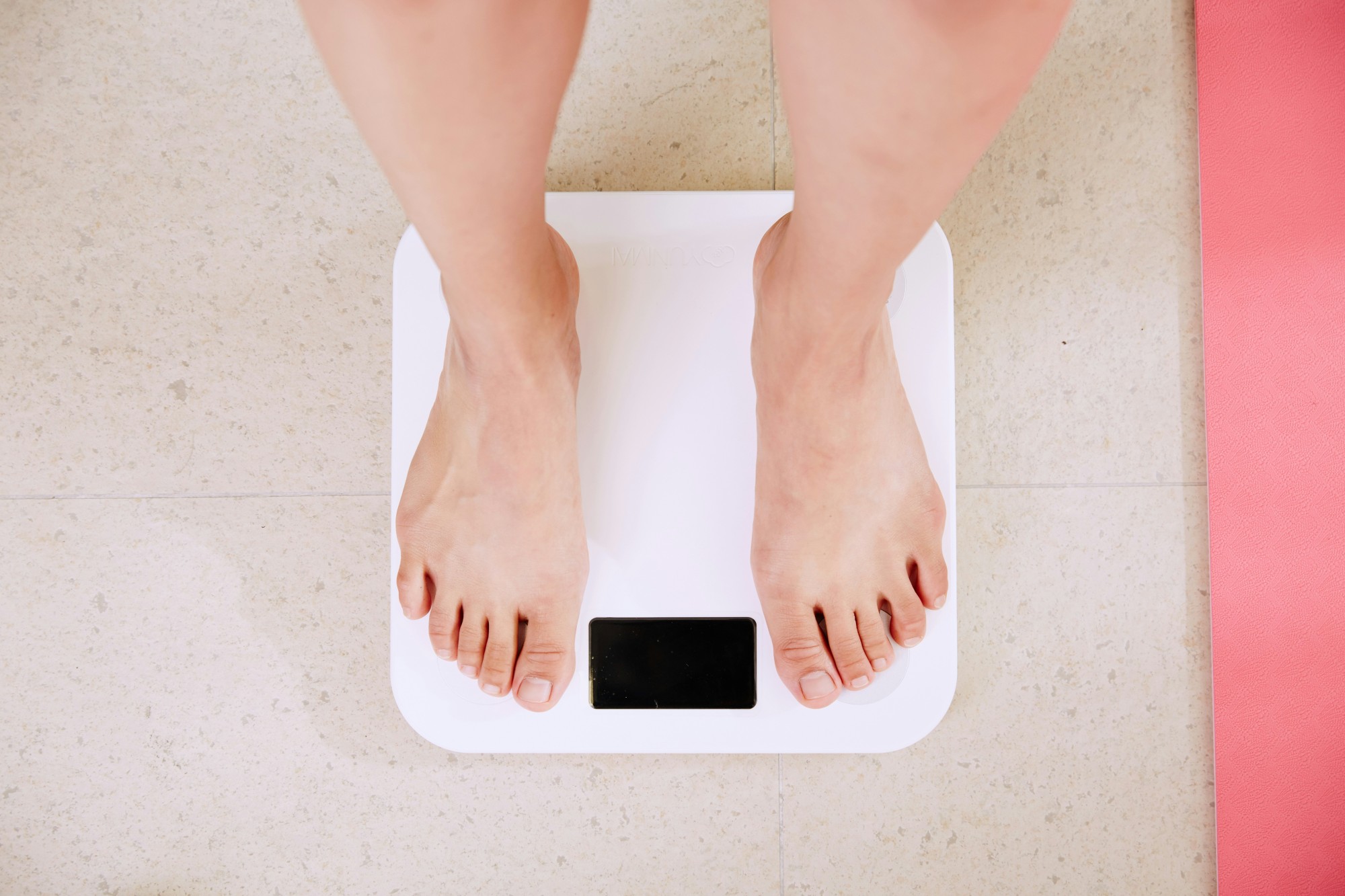
Some seemingly nutritious options may be hiding extra calories, sugar, or unhealthy fats that can hinder your progress. It's important to be aware of these "health food" impostors and understand how they can impact your diet when consumed in excess.
In this article, we'll explore ten foods often associated with dieting that may not be as great for weight loss as you think. i yunmai on Unsplash
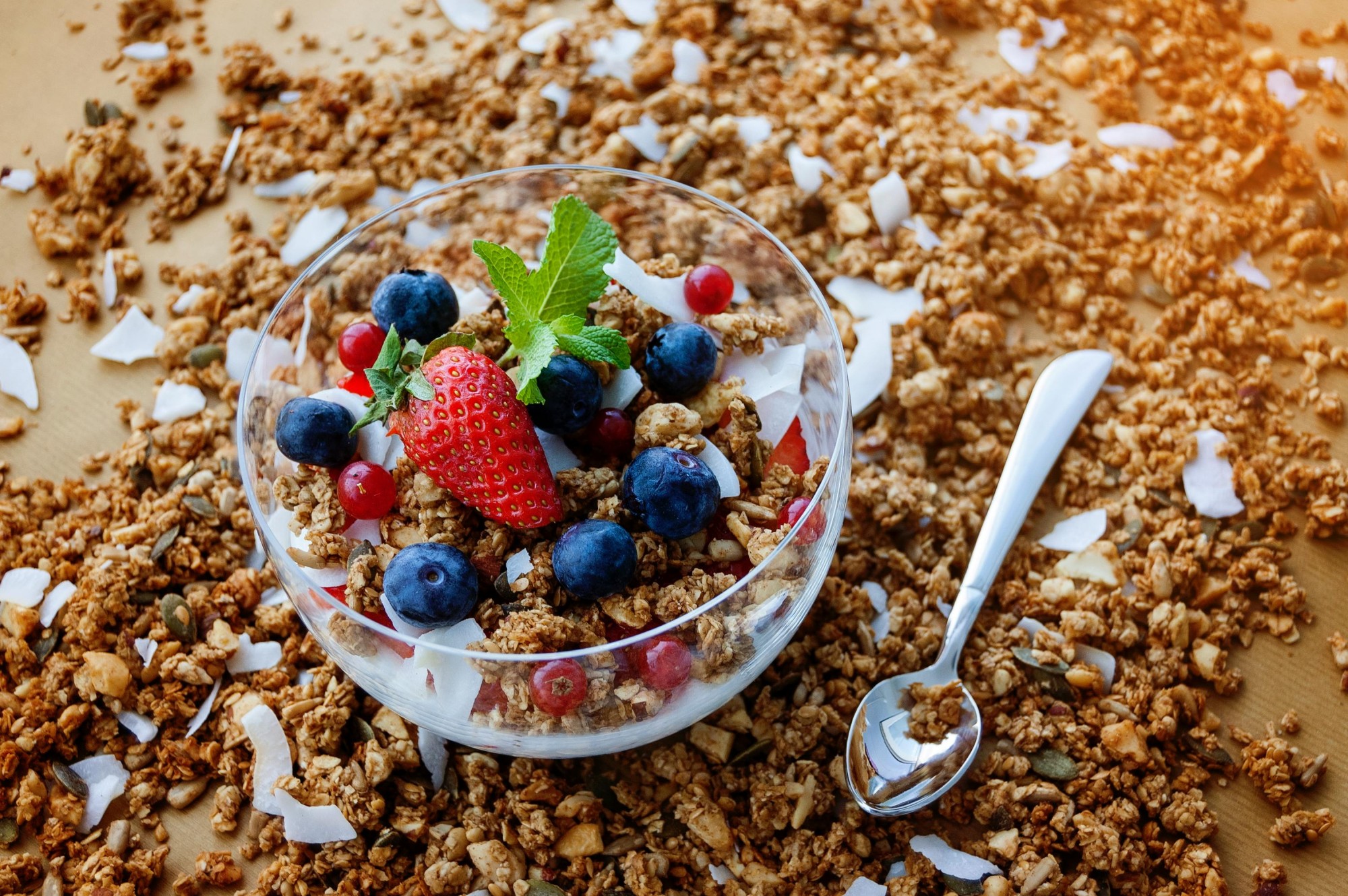
1. Granola
Granola, often considered a healthy snack, can be detrimental to weight loss due to its high sugar and fat content. Despite being a popular breakfast food, granola's multiple varieties of sugar and added fats can lead to calorie overload.Consuming granola may provide instant energy but can result in an energy crash and cravings for sweets throughout the day, making it a less-than-ideal choice for those trying to maintain a healthy diet. Ovidiu Creanga on Pexels
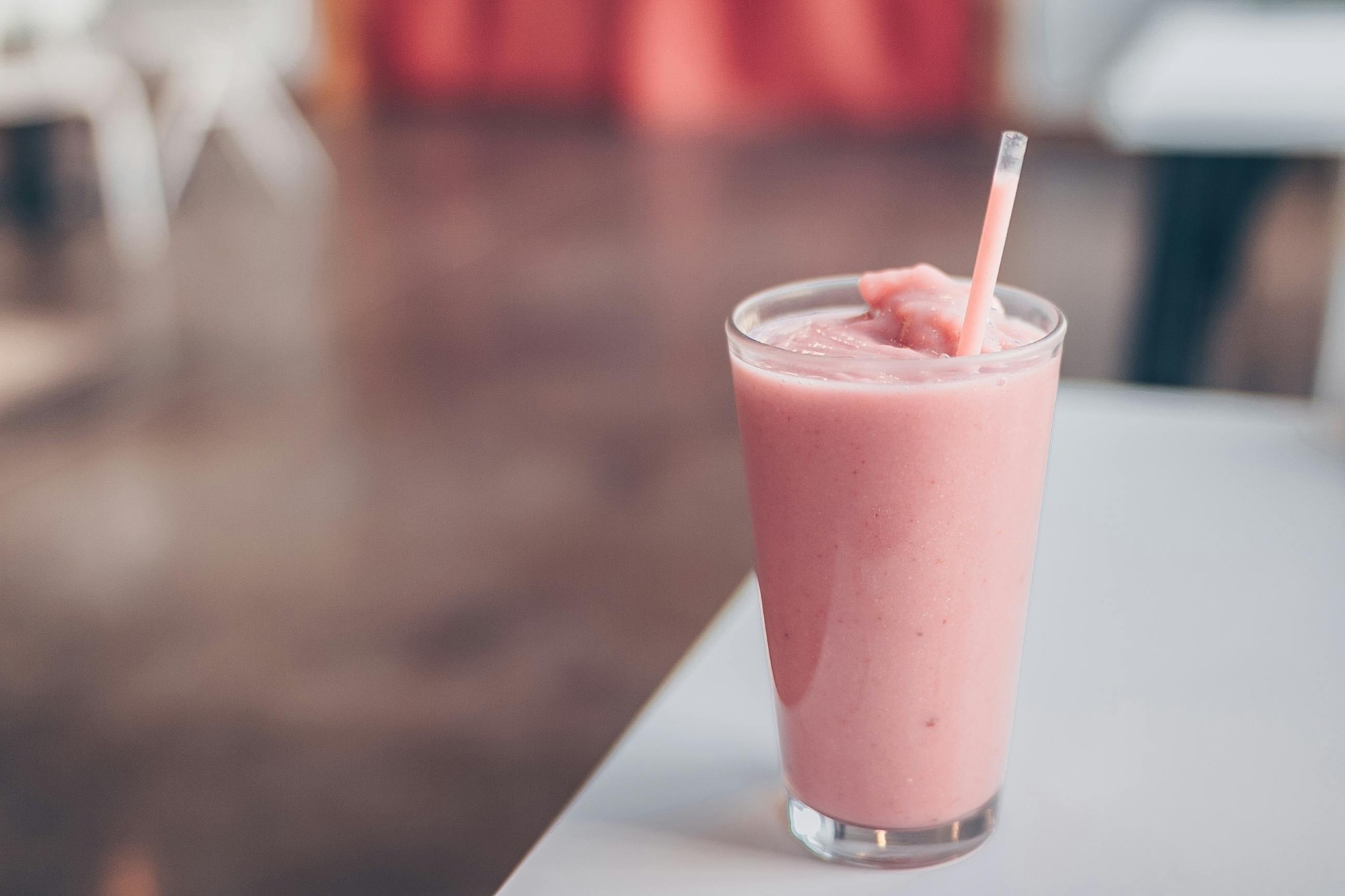
2. Smoothies
While vegetables and fruits are nutrient-dense, smoothies can be high in calories if loaded with fruit, juice, and protein. To keep smoothies healthy, focus on adding vegetables like leafy greens, which are low in calories but packed with health benefits.Use fruit sparingly for flavor, and consider adding a small amount of pineapple to make the greens more palatable. Be mindful of the ingredients to avoid consuming excessive calories in your smoothie. Josh Sorenson on Pexels
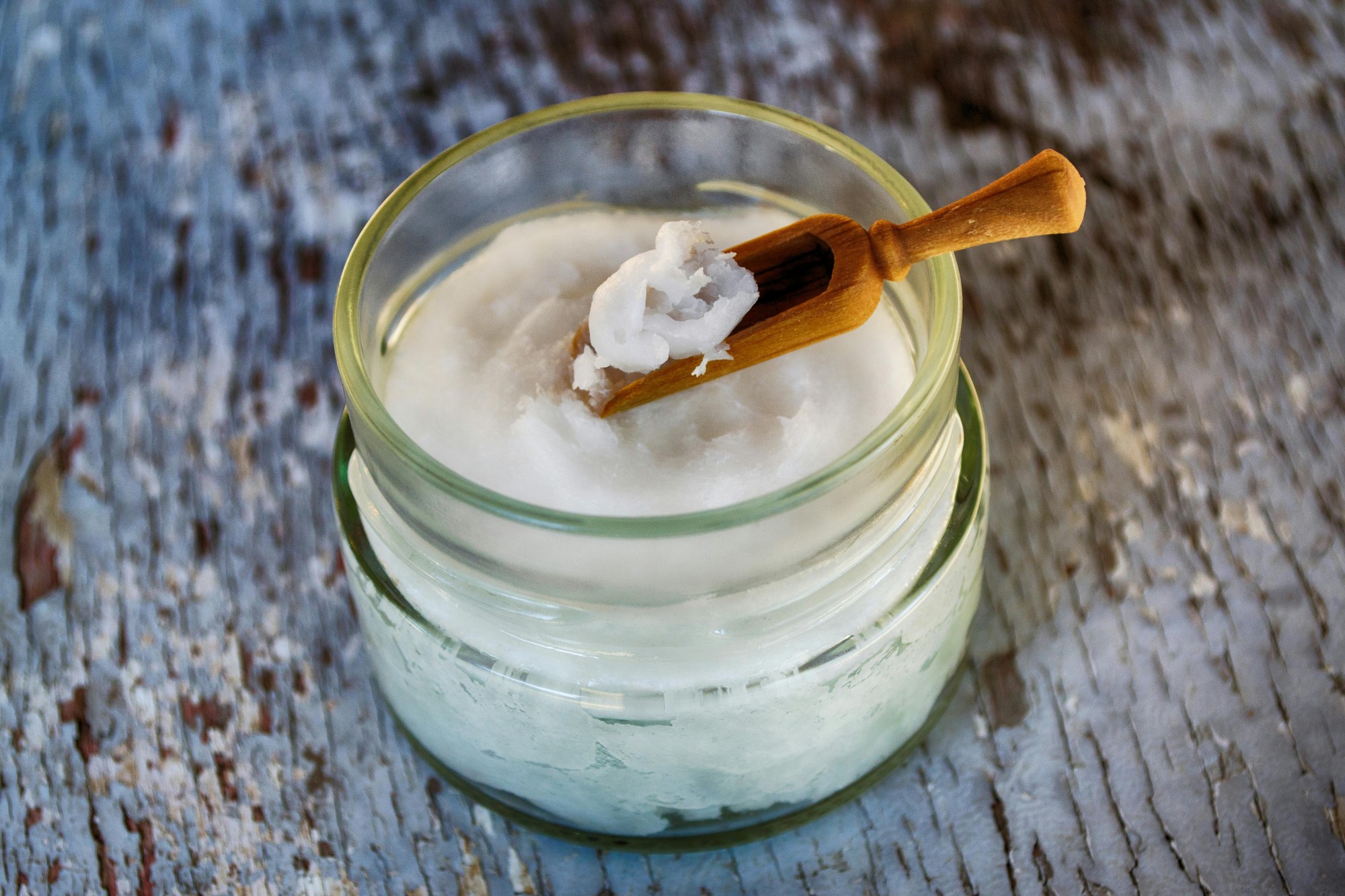
3. Coconut Oil
Despite its popularity in keto and paleo diets, coconut oil is high in saturated fat and calories, with approximately 120 calories per tablespoon.While it may be touted as a healthy option, those looking to burn fat should be cautious when consuming this oil. It's essential to consider the caloric content of coconut oil and use it in moderation to avoid hindering weight loss efforts. Dana Tentis on Pexels
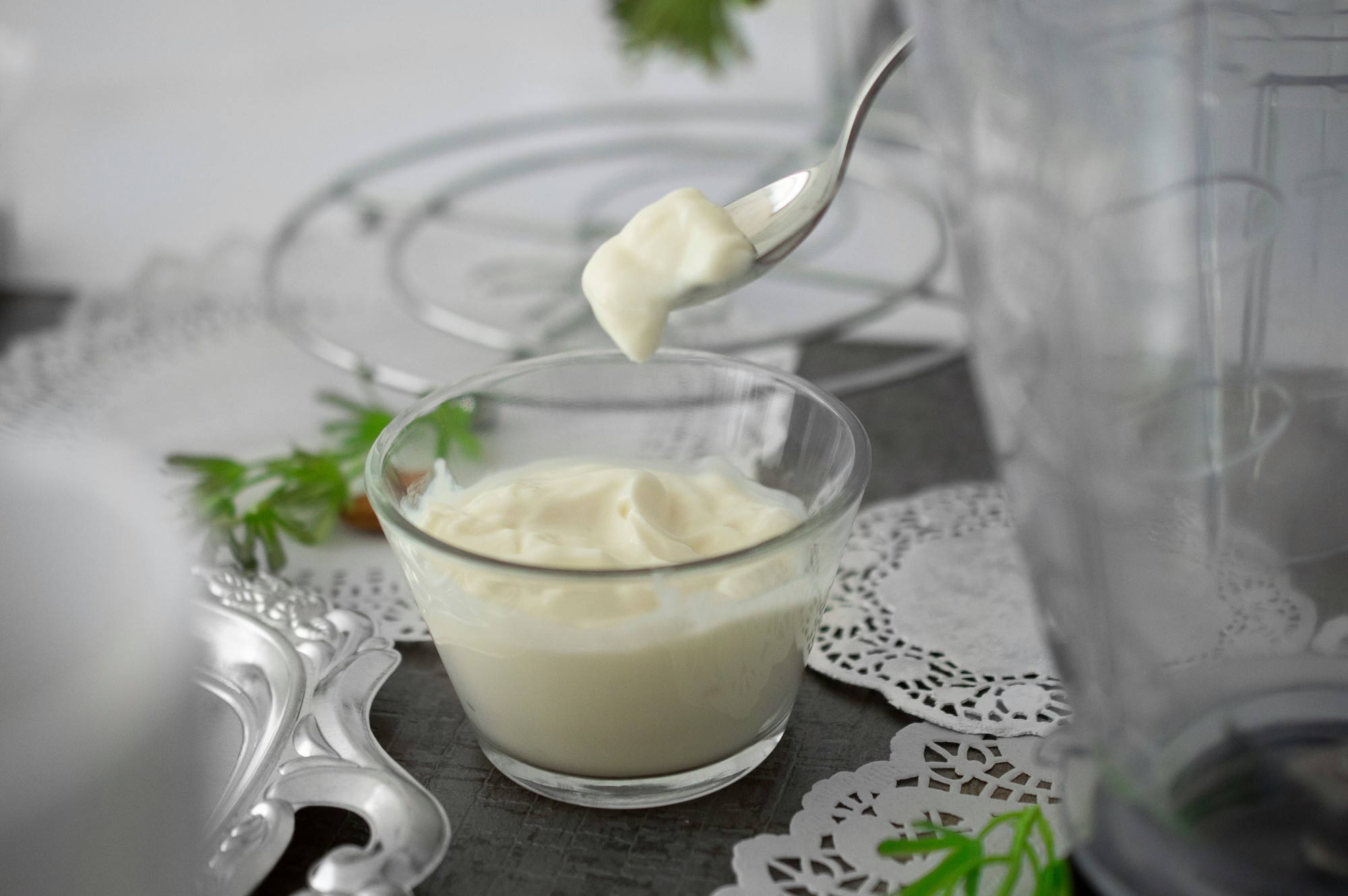
4. Sweetened Yogurt
Although yogurt is often considered a diet-friendly treat, even fat-free varieties can contain significant amounts of added sugars. To make a healthier choice, opt for sugar-free Greek yogurts instead of sweetened varieties.By avoiding the extra sugar, you can enjoy the benefits of yogurt without the unnecessary calories and potential negative impact on your weight loss goals. Sara Cervera on Unsplash
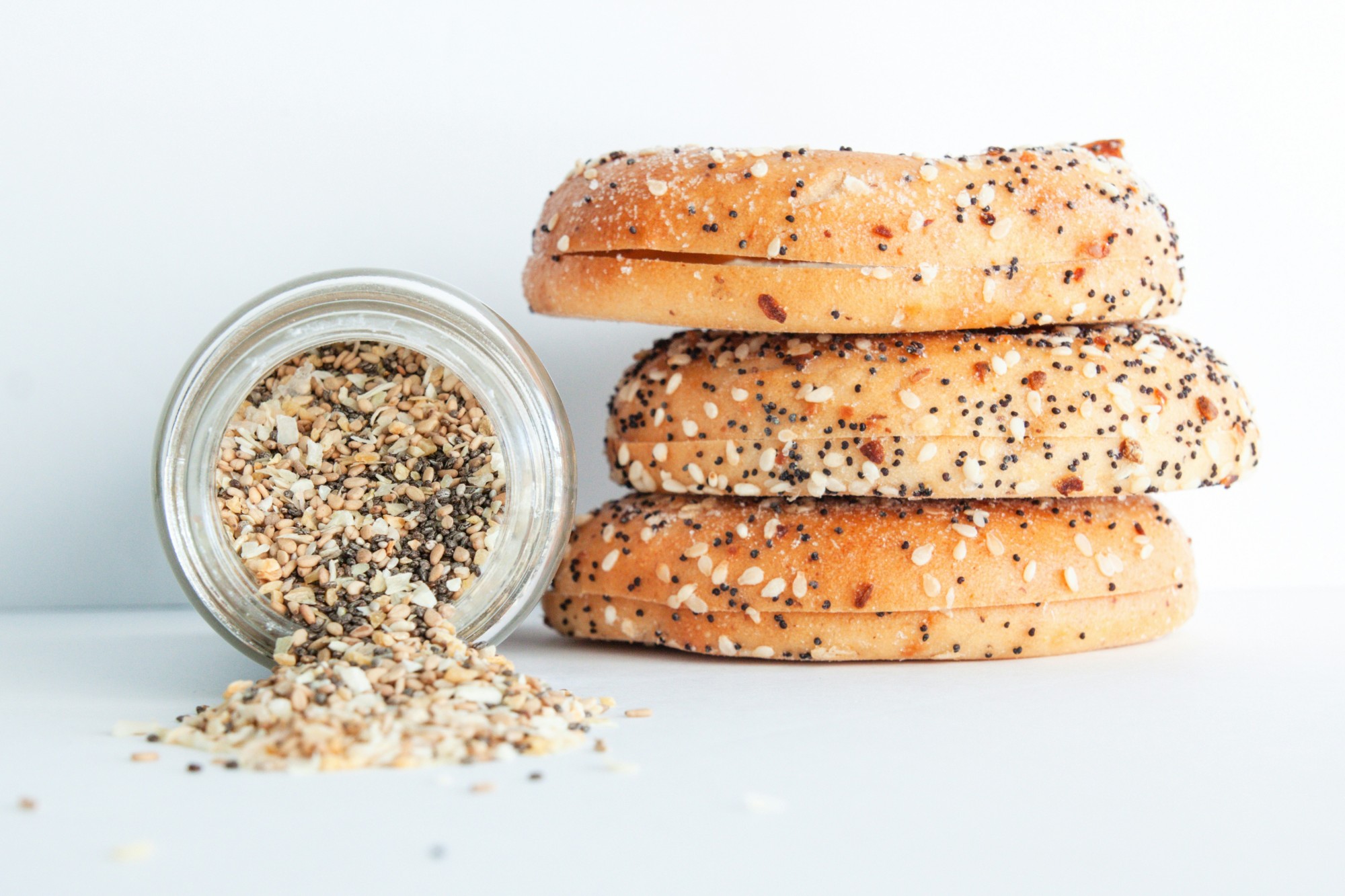
5. Bagels
Bagels are often high in carbohydrates, with most containing three to four servings. When topped with cream cheese, a bagel can have over 400 calories and a significant amount of sodium.Surprisingly, a plain bagel has a similar calorie count to a glazed donut. While donuts contain more sugar, bagels are often perceived as a healthier breakfast option, leading people to consume them more frequently without realizing their potential impact on weight and overall health. Diane Alkier on Unsplash

6. Soup and Salad
While soup and salad can be a healthy meal, it's essential to pay attention to the ingredients. Cream-based soups can be high in fat, while salads with croutons, cured meats, and high-fat dressings can quickly become calorie-dense.Additionally, restaurant soups are often high in sodium, which can contribute to health issues like high blood pressure, stroke, heart failure, osteoporosis, stomach cancer, and kidney disease. Be mindful of the ingredients and dressings when choosing soup and salad. Freddy G on Unsplash
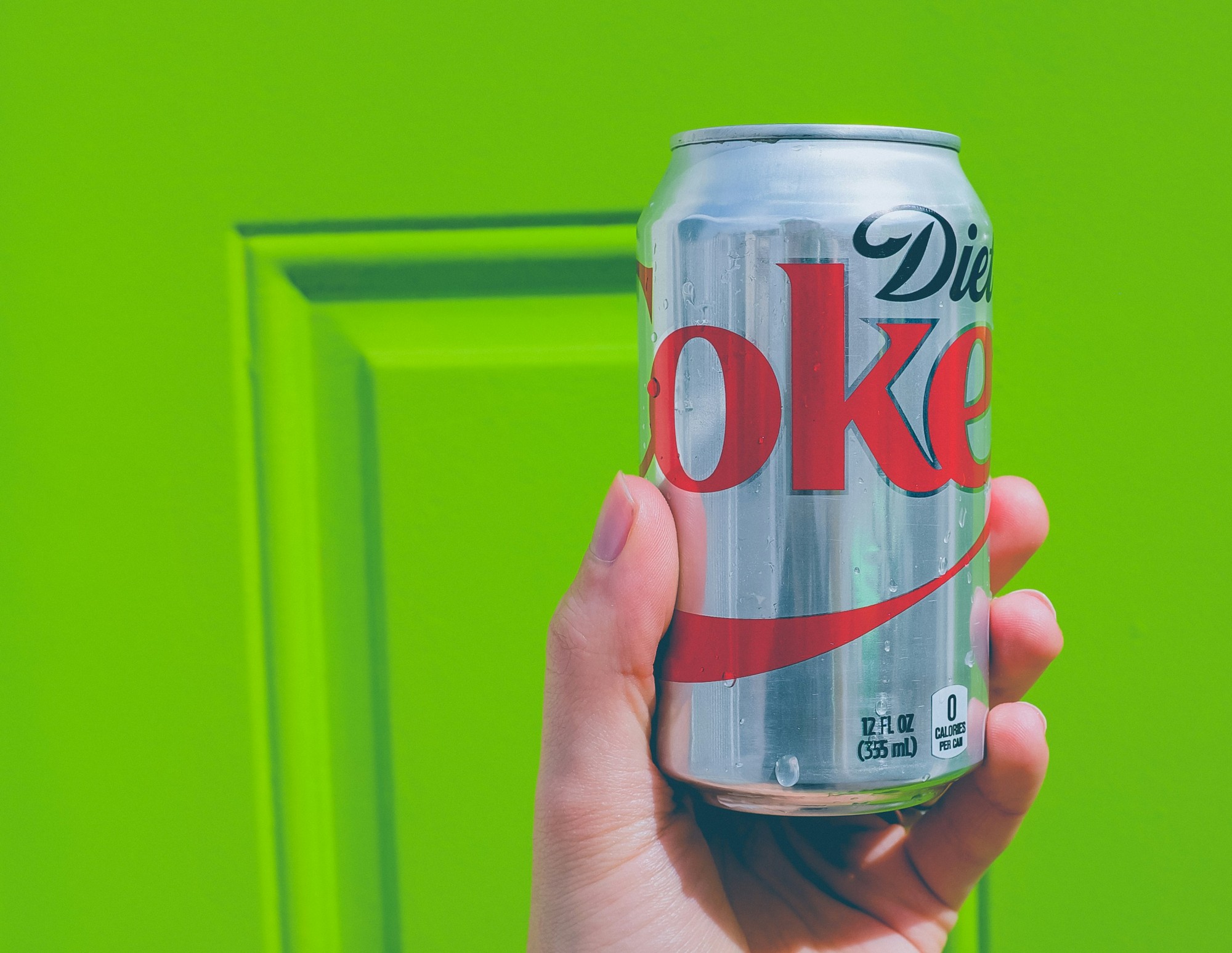
7. Diet Soda
Despite being calorie-free, diet soda has been linked to weight gain and other health issues. Studies have shown that diet soda consumers have significantly higher BMIs, blood pressure, and blood sugar levels compared to non-consumers.While diet soda may seem like a healthier alternative to regular soda, it's important to be aware of its potential negative effects on weight and overall health. Kenny Eliason on Unsplash
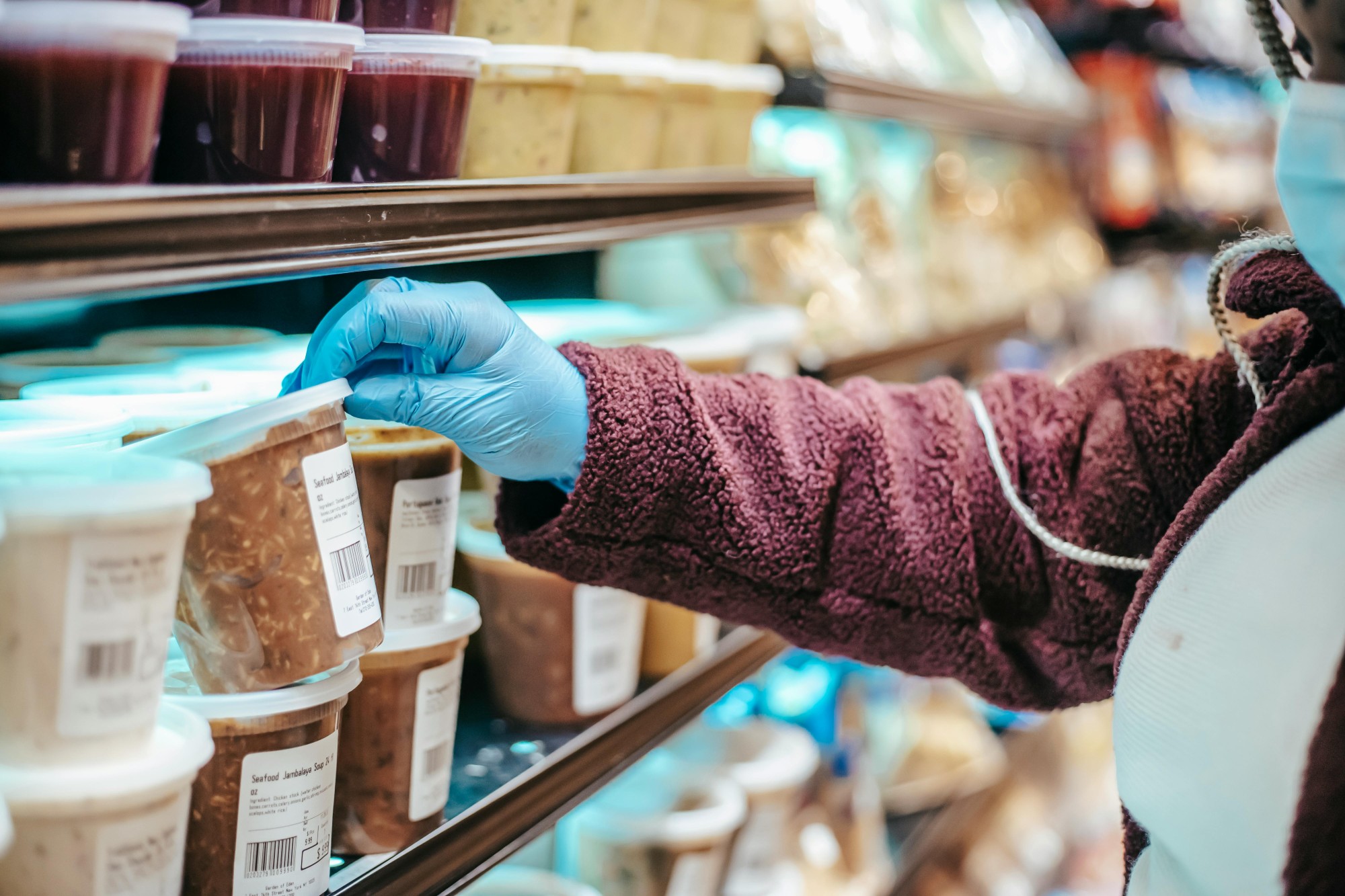
8. Fat-Free Foods
While some fat-free foods, like dairy products made with skim milk, can be healthier, manufacturers often add sugar or high-fructose corn syrup to fat-free foods to maintain shelf-stability.This adds empty calories and can negate the potential health benefits. It's important to remember that healthy fats are essential to a balanced diet when consumed in moderation, particularly monounsaturated fats found in nuts and fish. Laura James on Pexels
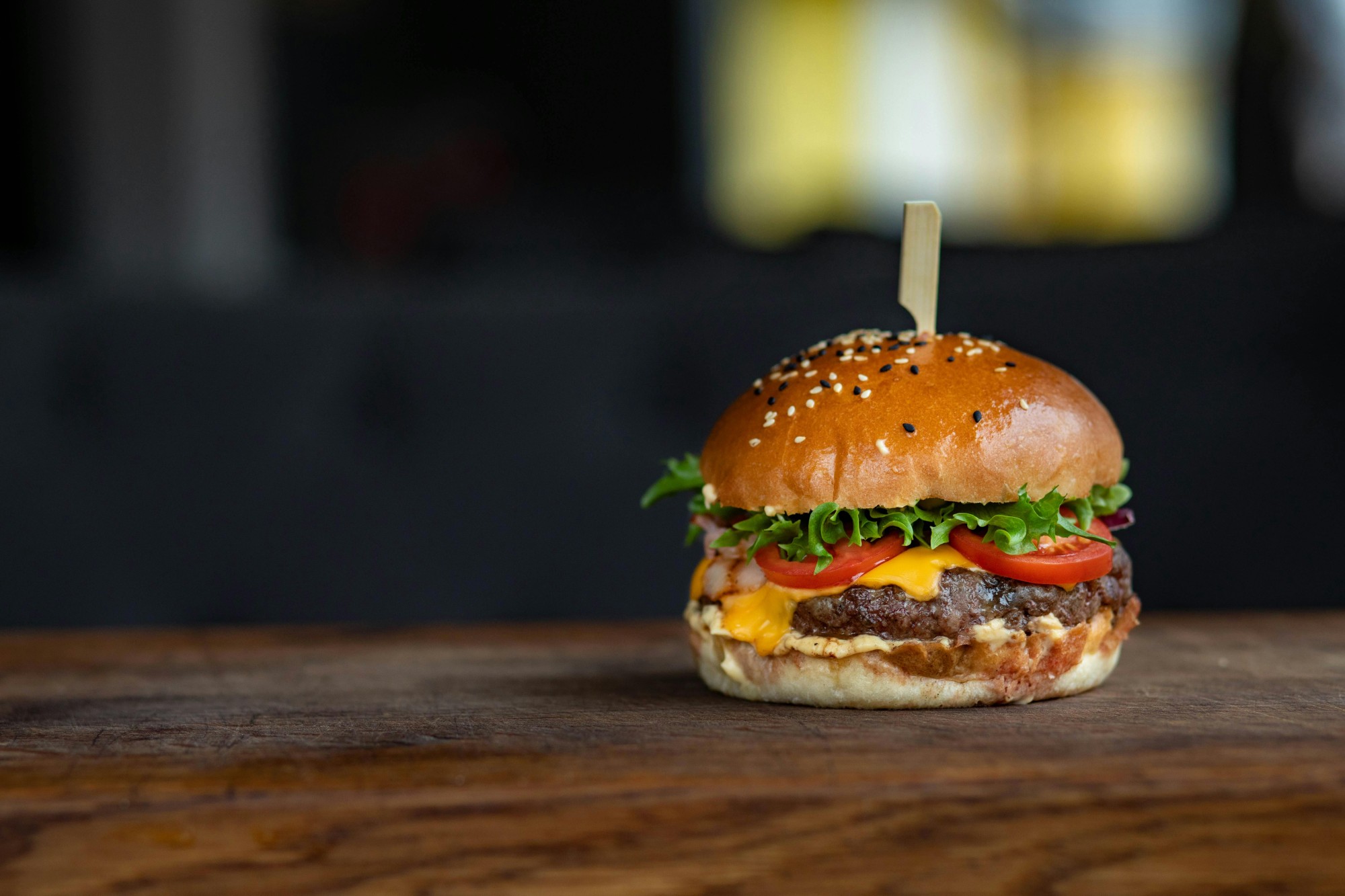
9. Meatless 'Burgers'
When choosing meatless "burgers" or "hot dogs," pay attention to the protein source and ingredient list. Some processed meatless products contain added chemicals, which can lead to weight gain even on a meatless diet.Opt for products with shorter ingredient lists that include recognizable ingredients. This will help ensure you're consuming a healthier alternative to meat-based products. Valeria Boltneva on Pexels
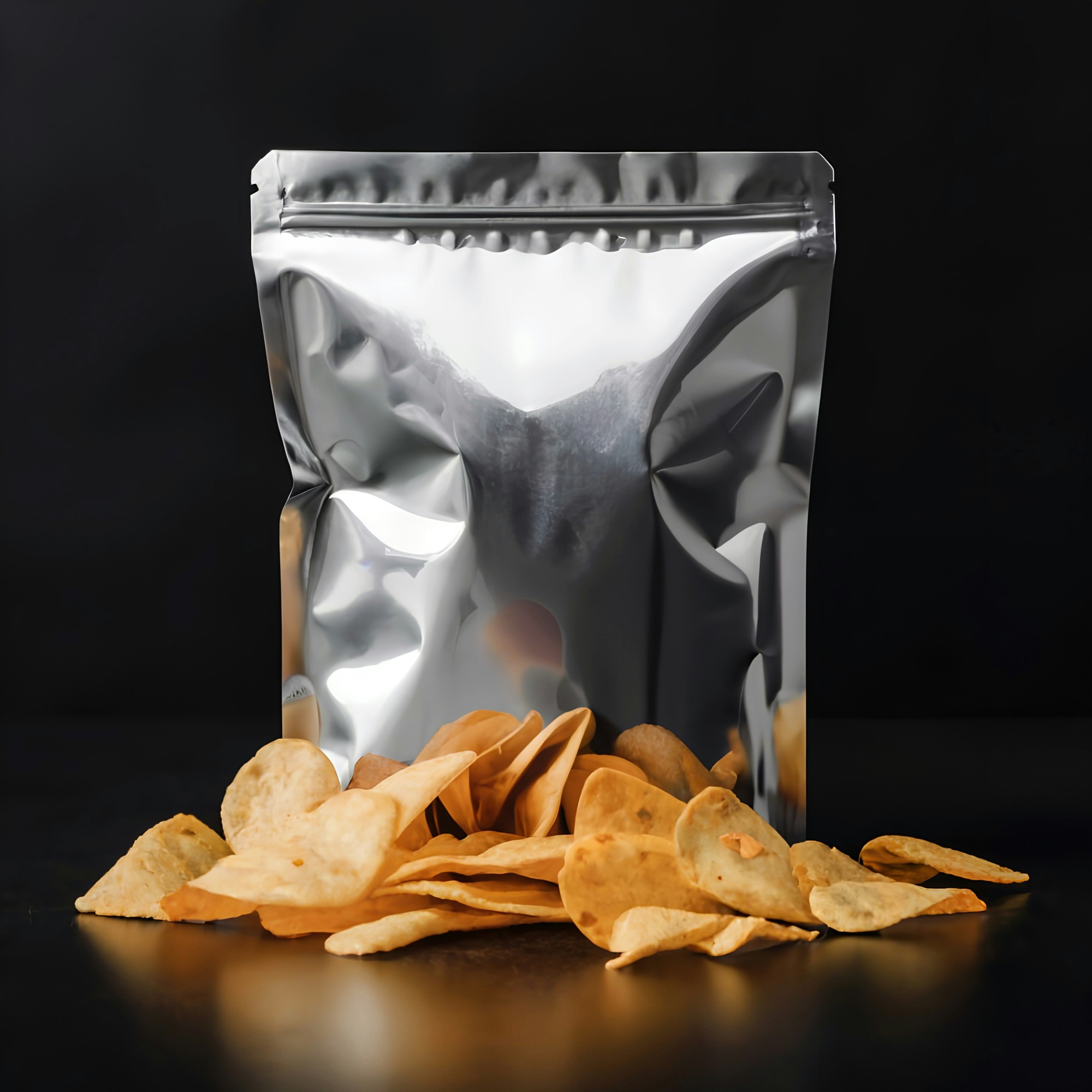
10. 100-Calorie Snack Packs
While single-serving snack packs can help with portion control, they often lack nutritional value. Instead of relying on these processed snacks, choose whole foods like bananas, Greek yogurt, or homemade portion-controlled bags of nuts.These options provide more nutrients and help avoid the blood sugar spikes and crashes associated with packaged 100-calorie snacks. LATIKA SARKER on Unsplash